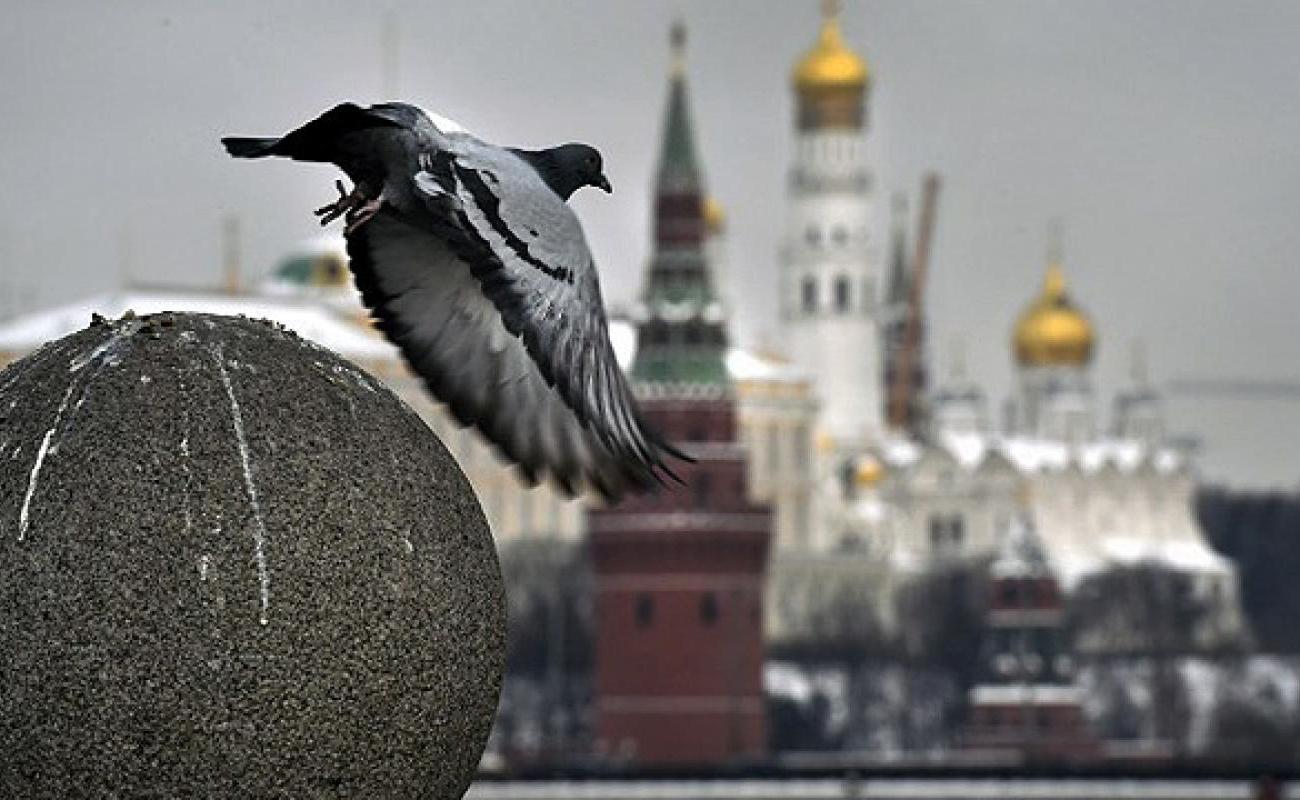Elation and dismay: How Russians react to the fact that war has reached their homes

The war started by Vladimir Putin has completely entered the territory of Russia. We are not only talking about the breakthroughs of separate subversive groups into the border areas, but also about the regular shelling of Russian cities. Thus, on May 30, the most massive drone attack on Moscow was carried out. The Russian Ministry of Defense announced that a total of eight drones were launched, three of which fell on residential buildings, writes the Jamestown Foundation.
The shelling of the border town of Shebekino in the Belgorod region has been going on for days. As reported by the media, shells are constantly exploding in the city, there are fires, problems with electricity and water. The Russian authorities were forced to start evacuating the population from Shebekin to other settlements. Other border areas are also exposed to daily shelling, resulting in civilian casualties.
At a time when the rhetoric of the main Russian security forces is becoming increasingly fierce and threatening, and the military, contrary to the obvious, is convincing the population that the "special operation" is successful, propagandists are trying to boast that "there is no panic among the Russian population." According to them, the West is disappointed that the Russians "were able to keep their cool".
Sociologists loyal to the Kremlin believe that the reasons for the relative calm of the population lie in faith in Russian air defense and the belief that the attacks are sporadic and should not be paid attention to. True, even they admit that "concern is still felt about what is happening" and predict "an increase in anxiety about the situation" while maintaining a "stable public background" overall.
Independent Russian political scientists agree that there is no mass panic among Russians yet, but link it not to "faith in air defense" but to a lack of empathy. Well-known Russian political analyst Vladimir Pastukhov observes that most Russians, from regions not directly affected by the war, react to the shelling of Russian cities in exactly the same way as they have reacted to the shelling of Ukrainian cities all these months - with complete indifference and lack of compassion.
Another analyst, Ivan Preobraženski, agrees with him, pointing out that there is not only indifference among Russians, but also gloating in relation to the victims. According to his words, this was especially manifested among Russians from the lower strata compared to "well-to-do" Muscovites, then - among the residents of Sub-Moscow compared to the residents of the capital, and finally, by the majority of Russians compared to the rich residents of Rublyovka.
Be that as it may, the gap between the war-torn regions and the "prosperous" regions is widening every day. According to the claims of independent journalists, Šebekino has been under constant shelling for several days, the destruction in the city is great, and the local population is in basements. At the same time, residents are outraged that the Kremlin and the federal media are ignoring what is happening.
At the beginning of June, when the entrance to the city was closed and the evacuation took on a mass character, the information blockade was broken, and the federal media began to report on what was happening in Shebekin. However, even that information does not fully reflect the ongoing situation in the city. If you look at the city's largest Telegram channel "Shepot Šebekino", you can see that all news from the city from the end of May - beginning of June is exclusively news from the front. They concern the order of evacuation, protection against looters, rules of conduct in response to shelling, restrictions on movement and so on. This is in stark contrast to information from "peaceful" cities that continue to live normal lives.
This extreme atomization of society, on the one hand, makes it impossible to "unite around one flag", which the Kremlin hopes for, but on the other hand, it actually reduces the level of panic among the population. However, even with this state of affairs, one can notice the growth of distrust of the population towards the government. It is indicative that such dissatisfaction can also be found in radical-patriotic publications, for example, in comments under the so-called "Summaries of the SVO", which as a rule are viewed by the most politicized supporters of the war.
It is quite logical that among the commentators of the summaries there are many supporters of a "hard response" to Ukraine, but at the same time there is a growing number of complaints that "people are still suffering" and the authorities are doing nothing to protect them. Similar sentiments can be seen in the comments of readers on the Military Review website - with harsh statements against the army, "irresponsibility and incompetence" of the government and direct complaints that "the current barbaric government is unable to protect the country".
Such a reaction seems quite natural, considering that for many years Putin's regime relied on the infantilism of the Russian majority and its tendency to delegate the right to make any decisions to the authorities. Pro-Kremlin sociologists themselves note that "society tends to delegate not only authority, but also responsibility for what happens to the leadership of the country." In this case, it should not be surprising that the population attributes the responsibility for the shelling of Russian cities not only to Ukraine, as propaganda wants, but also to their own authorities.
The regular exposure of Yevgeny Prigozhin, who mercilessly criticizes the corruption and incompetence of the military command, contributes to similar feelings. The owner of the private army "Wagner" is currently trying to avoid direct criticism of the "commander in chief", however, if today's trends continue, sooner or later such criticism will come from the radical-patriotic segment of society, as well as from the apolitical majority.
